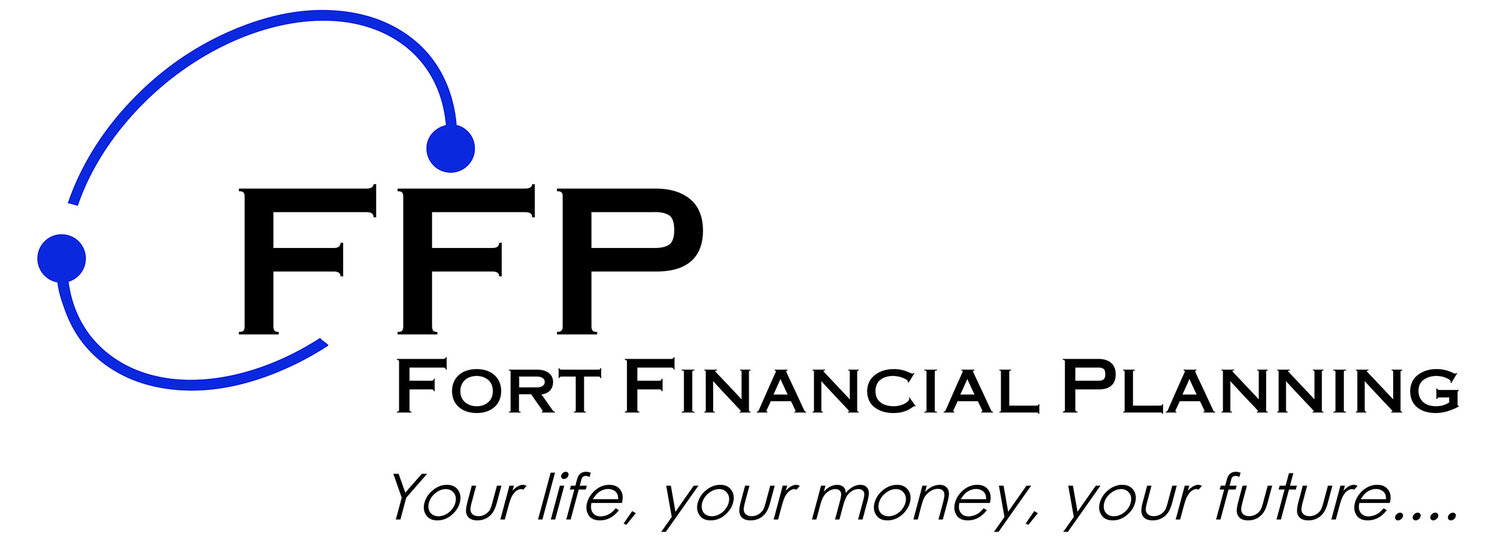Your Annual Health scare is due
Written by Mark Salter
Fitness is a big part of my life, and I believe I’m in good health, but on reflection this year, I decided to book in for a health check.
The surroundings are calm, the medical staff are efficient and friendly, and the doctor who discusses the results is reassuringly objective. After a couple of hours, I leave feeling that almost everything is ticking along nicely. Maybe there are a couple of points I should pay more attention to. But the operative word is should rather than must.
However, this state of tranquility doesn’t last. Why? Because it seems that alongside my checkup, I experience an episode that I have come to know as my “annual health scare.” It starts innocuously enough with a minor niggle that wouldn’t usually merit a second thought. Then, however much I try to resist the urge, I inevitably turn to Dr. Google, whose analysis of my symptoms indicates a potentially dire condition. Now, my initial curiosity is rocket-fueled by anxiety, and I am convinced that something is seriously wrong. Is this a thing? Is this the thing? That thing?
Fortunately, so far, whenever I have eventually consulted a medical professional, my fears have been allayed and my dread disease explained away with a simple, benign diagnosis.
Parallels with Financial Advice
Reflecting on these experiences, I see clear parallels with the world of financial planning. The annual review meeting is not unlike the routine medical exam. Everything is orderly and by appointment; the environment is controlled; the data evaluated dispassionately. Hopefully, clients leave these meetings feeling confident and secure about their futures and the financial plans that underpin them.
Contrast this with the anxiety caused by a sudden market downturn or a life event that seems to threaten a client’s financial future. Understandably, the initial response is often emotional, sometimes bordering on panic. Like my health scares, the feeling that the financial sky is falling can seem overwhelming. The urge to react, to do something—anything—to stop the perceived pain can be powerful.
Yet, just as with health, financial fears are often based more on emotion than fact. The market dip that looks like a crash. The unexpected event that feels like financial ruin. Without a professional to provide perspective, the situation appears far worse than it is.
Emotion clouds judgment: it distorts reality and amplifies concerns. Just as fear of a serious illness can lead to a spiral of anxiety, the fear of financial loss can lead to hasty decisions that may jeopardise long-term financial health. This is where advisers and planners can serve enormous value to their clients, providing a calm, informed perspective that tempers emotional responses. They can remind clients of the long-term plans in place and the reasons for them, much like a doctor reassures a patient that symptoms are often not as dire as they seem.
It is worth noting, however, that emotional reactions like fear and anxiety are not without their benefits. They can serve as powerful catalysts, urging us to act rather than remain passive. A heightened state of concern can sharpen our focus and expedite decisions, ensuring that important health and financial issues are addressed promptly. Those lifestyle changes we should make, that we promised ourselves we would make, can become the positive new habits we actually do establish.
The Antidote to Panic
Whether it’s health or finances, the importance of professional advice cannot be overstated. It is the antidote to the overwhelm or panic that can lead to poor decisions. Whether facing a mysterious health symptom or a sudden financial downturn, the key is to remain calm and consult a professional. Just as the medical diagnosis is rarely as bad as Google suggests, the financial outlook is often not as grim as it appears in a moment of fear.
So, Mr. Jones, when you get your next health scare, remember the lessons from your financial experiences. Do not let emotion drive your decisions. Instead, rely on professional advice, stick to the plan, and trust the process. This approach not only leads to better health outcomes but also to a more secure financial future.
FFP are supporting the CISI’s Financial Planning week for 2025 (27th January to the 2nd February 2025) and are offering free financial health checks to spread awareness of the benefits of financial planning and encourage people to take control of their finances. Give us a call on 01935 813322 for more information.
January 2025


